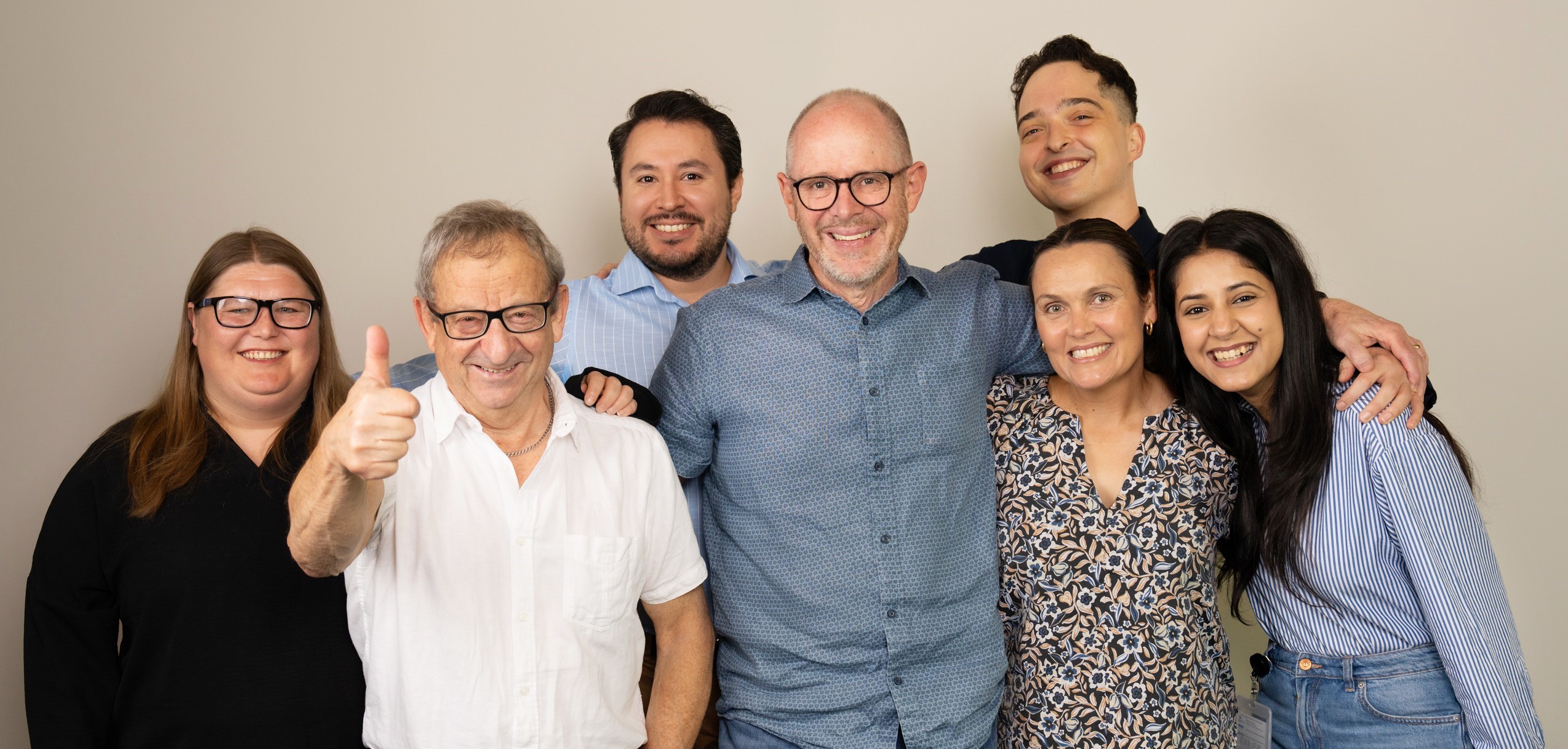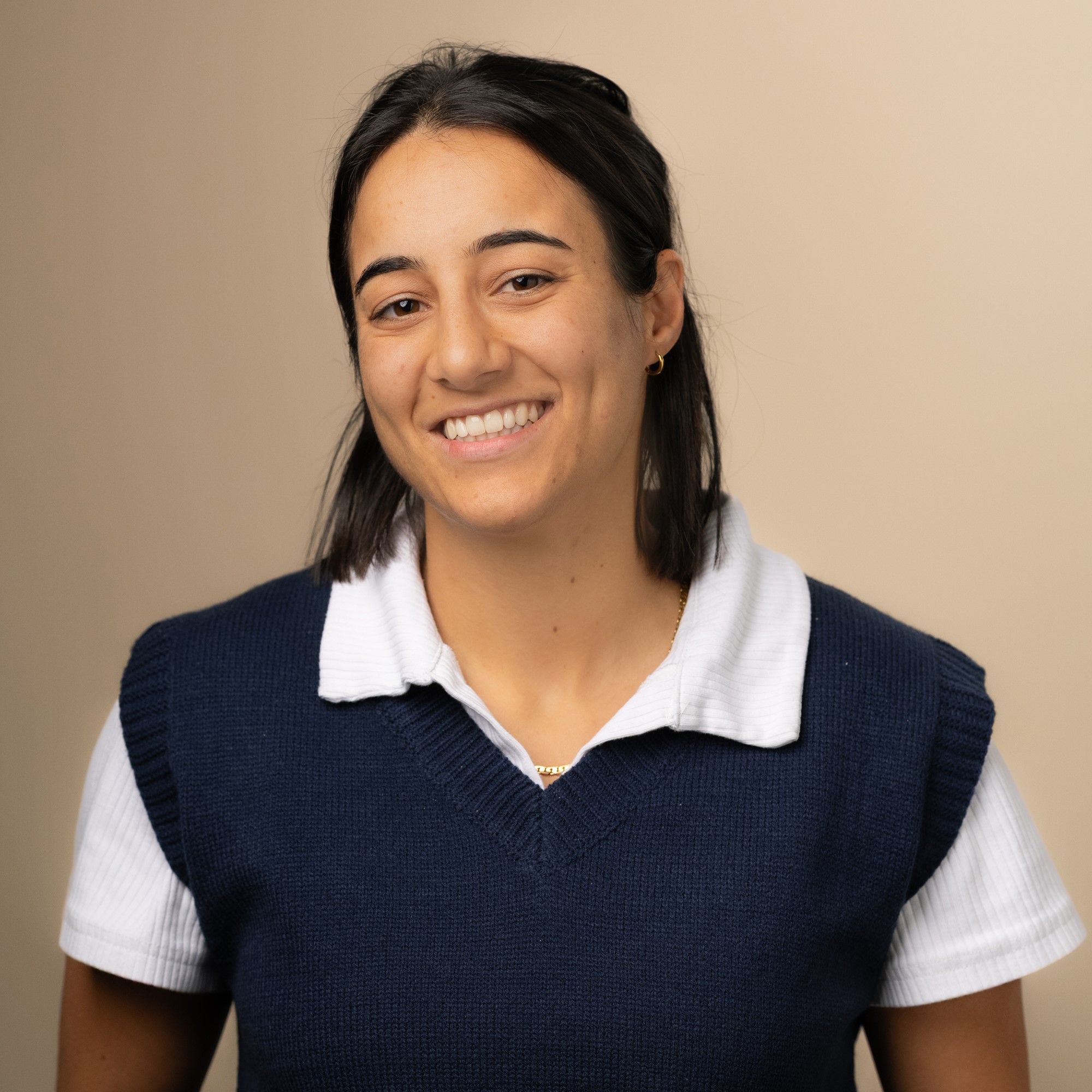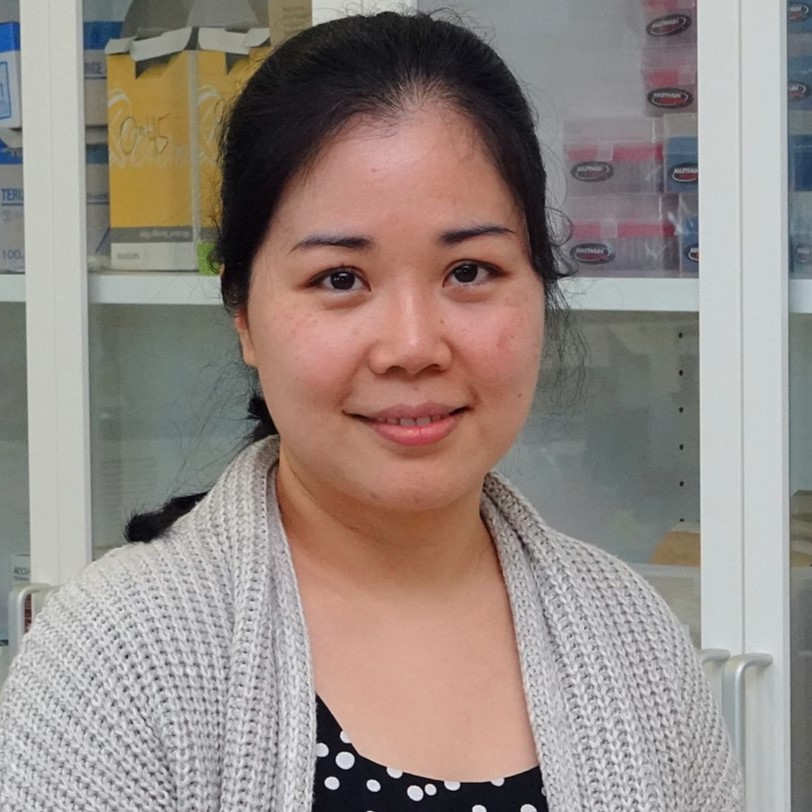Research Program Overview
The Acute Leukaemia Laboratory has a fundamental interest in acute myeloid leukaemia (AML) and related diseases. AML is the most common form of acute leukaemia in adults and is rare in children. While overall survival in children is higher than in adults, childhood AML treatment is associated with long-term sequelae, and patients face a dismal prognosis following relapse. Certain AML subtypes are particularly resistant to therapy with median overall survival as low as 10 months. Both adult and childhood AML show considerable genetic diversity with overlapping mutation spectra. This heterogeneity presents a major challenge, limiting utility of molecularly targeted therapies, so a key aim of our research is to develop new therapies targeting common, essential biological pathways on which AML growth and survival is dependent. Our research also strives to better understand the mechanisms underlying childhood AML development through identification of pre-disposition genes and rare damaging, germline variants using sophisticated genetic analysis of patient material. Improved understanding of the genetic predisposition and risk for development of childhood AML will provide critical information for selection of bone marrow transplant donors, and for genetic counselling of the families of AML patients.
Finally, we are investigating a new immunotherapy approach for treatment of aggressive, drug-resistant childhood AML. We are using natural killer (NK) cells isolated from umbilical cord blood collections and sophisticated immune profiling technology to characterise key receptors on the NK cell surface and their ligands on AML cells. This strategy aims to match donor NK cells to an individual AML so that NK cell killing is optimised. We propose that this treatment approach may provide a safe and durable therapy for childhood AML patients that have dismal prognosis with standard treatments.
Current Research Projects
- Mechanisms of disease initiation in childhood AML and the role of germline cancer predisposition.
- Characterising activity of alternative DNA repair pathways in AML and the role of DNA repair pathway deficiencies in determining sensitivity to DNA damaging agents.
- Development and characterisation of novel small molecules that target activity of the MYB oncoprotein in AML.
- Engaging cord blood-derived natural killer cells to induce cytotoxicity in childhood AML.
Laboratory staff

Laboratory head
Team Members
Postdoctoral Research Scientists
Research Assistant
Student
- Ms Bhumika Tirthani
bhumika.tirthani@mymail.unisa.edu.au
Select Recent Publications
- D’Andrea R. ReXPOsing a weakness in TP53-mutant MDS and AML. Blood, (2025).
- Hassan N, Yi H, Malik B, Gaspard-Boulinc L, Samaraweera SE, Casolari DA, Seneviratne J, Balachandran A, Chew T, Duly A, Carter DR, Cheung BB, Norris M, Haber M, Kavallaris M, Marshall GM, Zhang XD, Liu T, Wang J, Liebermann DA, D'Andrea RJ, Wang JY. Loss of the stress sensor GADD45A promotes stem cell activity and ferroptosis resistance in LGR4/HOXA9-dependent AML. Blood, 144(1):84-98, (2024).
- Hong LE, Wechalekar MD, Kutyna M, Small A, Lim K, Thompson-Peach C, Li JJ, Chhetri R, Scott HS, Brown A, Hahn CN, Yeung DT, Sajid S, Robinson N, Thomas R, Branford S, D'Andrea RJ, Samaraweera SE, Patnaik M, Proudman S, Thomas D, Kok CH, Shah MV, Hiwase DK. IDH-mutant myeloid neoplasms are associated with seronegative rheumatoid arthritis and innate immune activation. Blood, 143(18):1873-1877, (2024).
- Kan WL, Dhagat U, Kaufmann KB, Hercus TR, Nero TL, Zeng AGX, Toubia J, Barry EF, Broughton SE, Gomez GA, Benard BA, Dottore M, Cheung Tung Shing KS, Boutzen H, Samaraweera SE, Simpson KJ, Jin L, Goodall GJ, Begley CG, Thomas D, Ekert PG, Tvorogov D, D'Andrea RJ, Dick JE, Parker MW, Lopez AF. Distinct Assemblies of Heterodimeric Cytokine Receptors Govern Stemness Programs in Leukemia. Cancer Discovery, 13(8):1922-1947, (2023).
- Conn VM, Gabryelska M, Toubia J, Kirk K, Gantley L, Powell JA, Cildir G, Marri S, Liu R, Stringer BW, Townley S, Webb ST, Lin H, Samaraweera SE, Bailey S, Moore AS, Maybury M, Liu D, Colella AD, Chataway T, Wallington-Gates CT, Walters L, Sibbons J, Selth LA, Tergaonkar V, D'Andrea RJ, Pitson SM, Goodall GJ, Conn SJ. Circular RNAs drive oncogenic chromosomal translocations within the MLL recombinome in leukemia. Cancer Cell, 41(7):1309-1326, (2023).
- Bassal MA, Samaraweera SE, Lim K,...Tenen DG, Robinson N, Ross DM, Majeti R, Gonda TJ, Thomas D and D’Andrea R. Rare Respiratory Chain Complex I Variants Reveal Genetic and Targetable Vulnerability of AML with the IDH1 Oncogenic Mutation. Nature Communications, 13(1):2614, (2022).
- Samaraweera SE, Wang PP, Li KL, Casolari DA, … Ross DM, Moore AS, Gonda T, Hahn CN, D'Andrea RJ. Childhood Acute Myeloid Leukemia shows a high level of germline predisposition. Blood. 138(22):2293-2298 (2021).
- Duy C, Li M, Teater M, … D'Andrea RJ, Becker MW, Paietta EM, Mason CE, Carroll M, Melnick AM. Chemotherapy Induces Senescence-Like Resilient Cells Capable of Initiating AML Recurrence. Cancer Discovery 11(6):1542-1561 (2021).
- Rapaport F, Neelamraju Y, Baslan T, Hassane D, Gruszczynska A, Robert de Massy M, Farnoud N, Haddox S, Lee T, Medina-Martinez J, Sheridan C, Thurmond A, Becker M, Bekiranov S, Carroll M, Moses Murdock H, Valk PJM, Bullinger L, D'Andrea R, Lowe SW, Neuberg D, Levine RL, Melnick A, Garrett-Bakelman FE. Genomic and evolutionary portraits of disease relapse in acute myeloid leukemia. Leukemia. 35(9):2688-2692 (2021).
- Salik B, Yi H, Hassan N, … D'Andrea RJ, Murriel C, Wang JY. Targeting RSPO3-LGR4 Signaling for Leukemia Stem Cell Eradication in Acute Myeloid Leukemia. Cancer Cell. 38:263-278.e6 (2020).









